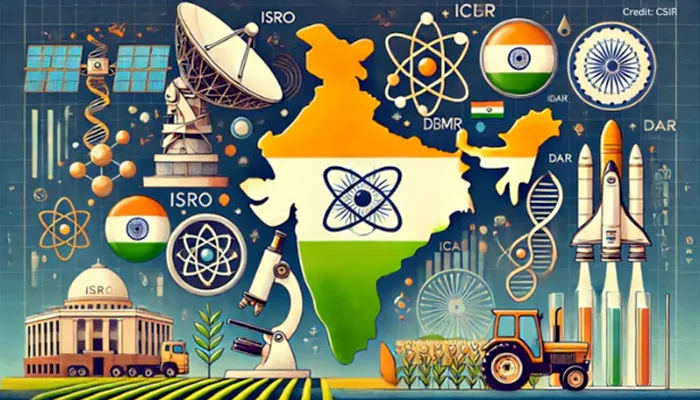
Here are today’s most important updates from the realm of Science and Space.
Say Goodbye to Flu Shots: FDA Greenlights First At-Home Nasal Spray Vaccine
People who doesn't prefer needle for vaccination, here's a good news! The U.S. Food and Drug Administration (FDA) has approved FluMist, the first flu vaccine that adults can self-administer or give to their children without any medical professional assistance. The vaccine nasal spray is approved for administration for people aged 2 through 49. Extensive studies have confirmed the delivery of this nasal spray safe and effective with some side effects including runny nose and sore throat. The drug's maker, AstraZeneca announced that the vaccine will be available by next year for public use.
Fly Slow, Save the Earth: Scientists Recommend Reduced Flight Speed to Cut Emissions

Scientists at the University of Cambridge published a report suggesting flight speed reduction to combat global warming. “Without swift and decisive action, we risk missing the opportunity to reach net-zero emissions by 2050 and delaying the crucial technological and business transformations needed,” the research team mentioned in the report. The study estimated that a slower flight can reduce fuel burn by 5%-7%, an effective step for a greener aviation industry.
It's indeed a bad news for nervous fliers reduction of flight speeds by 15% could add as much as 50 minutes to flights across the Atlantic.
Brighter, Smarter, Cheaper: Smart Lighting Set to Revolutionize Vertical Farming

The indoor vertical farming saves water and space but sometimes not preferred because of high energy consumption. Amidst rising costs of electricity, scientists came up with an effective strategy, smart lighting system. Researchers have developed a computer program, capable of controling lighting to optimize both photosynthesis as well as electric bills. The computer program can adjust the intensity of lights hourly based on the changing cost of electricity. Although, the technology gave good results in pilot scale study, but broad scale implementation is required to estimate the efficiency.
Tech Revolution: Japan Developing Zeta-Class Supercomputer, 1,000x Faster Than Today's Best

Scientists in Japan is currently developing first of its kind, super-fast computer, which will be 1,000 times faster than any fast-functional computer. With a budget of more than $780 million, the supercomputer is expected to be launched in 2030. According to Japan's Ministry of Education, Culture, Sports, Science, and Technology (MEXT), the supercomputer could attain the speeds on a zetaFLOPS scale, which has never been achieved earlier.
Supercomputers are extremely useful in discover new materials, simulating black holes, model Earth's future, and probe the foundations of science. An advanced zetta-class machine could be trained with more data at a better speed and provide more detailed, accurate, and comprehensive results.




.webp)
.WEBP)
.WEBP)
.webp)
.webp)


.webp)
.webp)